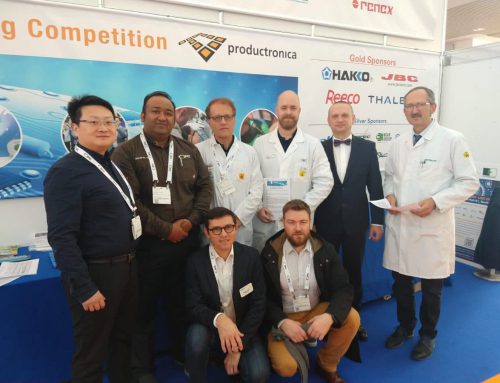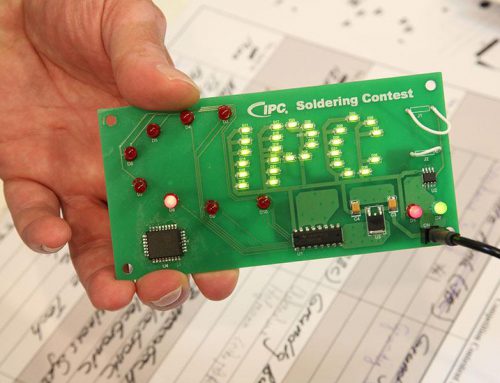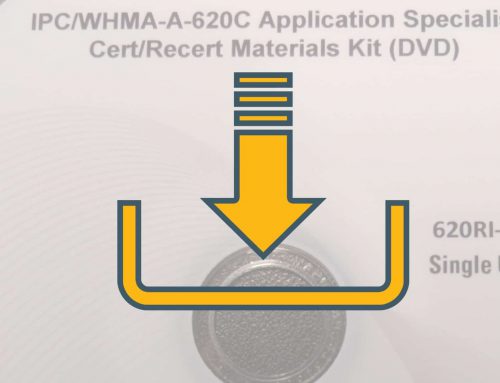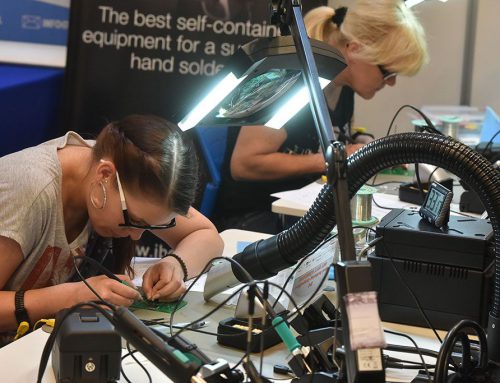Attracting and retaining a skilled workforce has become an increasingly important factor of competitiveness in a globalised market place. Recruiting the necessary talent is a fundamental concern for the advanced manufacturing industry in Europe, which consists of more than 700,000 enterprises and employs more than 13 million people.
Addressing the Skills Gap Facing the European Advanced Manufacturing Industry
IPC — Association Connecting Electronics Industries, is a global industry association representing all facets of the electronics industry supply chain including design, printed board manufacturing, electronics assembly and test. IPC strongly welcomes the New Skills Agenda, which seeks to improve the quality of skills and their relevance for the European labour market, thereby contributing to the European Union’s priority, “A New Boost for Jobs, Growth and Investment”.
We stand ready to work with the European Commission, the Member States and stakeholders to tackle our common challenges:
- the lack of relevant skills to match labour market needs,
- insufficient comparability of skills and qualifications, and
- the difficulty to anticipate skills that would be needed in the future.
“Addressing the Skills Gap will have a multiplying effect – translating into more innovation, more growth, more competitiveness and more high-quality jobs in the EU”.
~John W. Mitchell, IPC President and CEO
Key Concern for Advanced Manufacturing in Europe: Skills Gap
According to the Commission’s estimates, 40% of European employers report that they cannot find people with the right skills to grow and innovate. A recent survey of our European members show that many of them have experienced difficulties recruiting a skilled workforce, especially in electronic engineering. The attractiveness of the training programmes for electronic engineering in national education systems constitute a major concern for our members. There is indeed an increased competition from different sectors to attract and retain talent. The advanced manufacturing sector needs to compete in a digital economy by attracting and retaining young professionals. It is crucial that our education systems continue training highly qualified engineers and workers to fill in the jobs our sector continues to create. Therefore, we welcome in particular:
- The Blueprints for Sectoral Cooperation on Skills to improve skills intelligence and address skills shortages in specific economic sectors. These projects will improve sectorial cooperation between employers, universities and local authorities to help bridge the skills gap that the advanced manufacturing industry is facing. We look forward to contributing to filling this gap.
- A review of the European Qualifications Framework (EQF) for a better understanding of qualifications and to make better use of all available skills in the European labour market.










